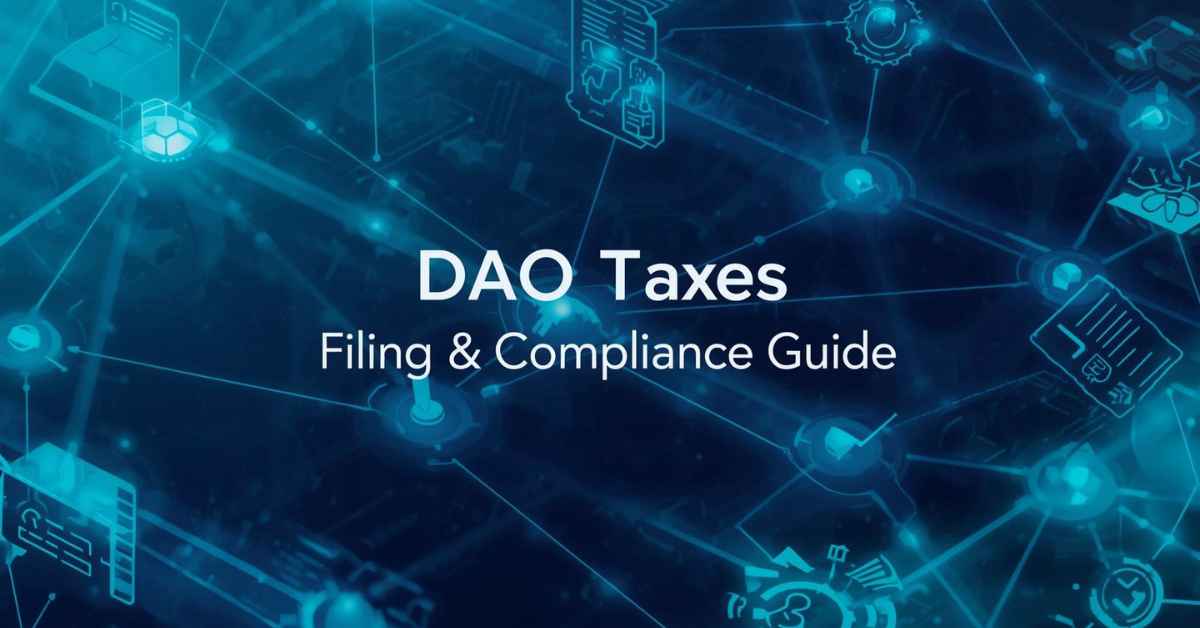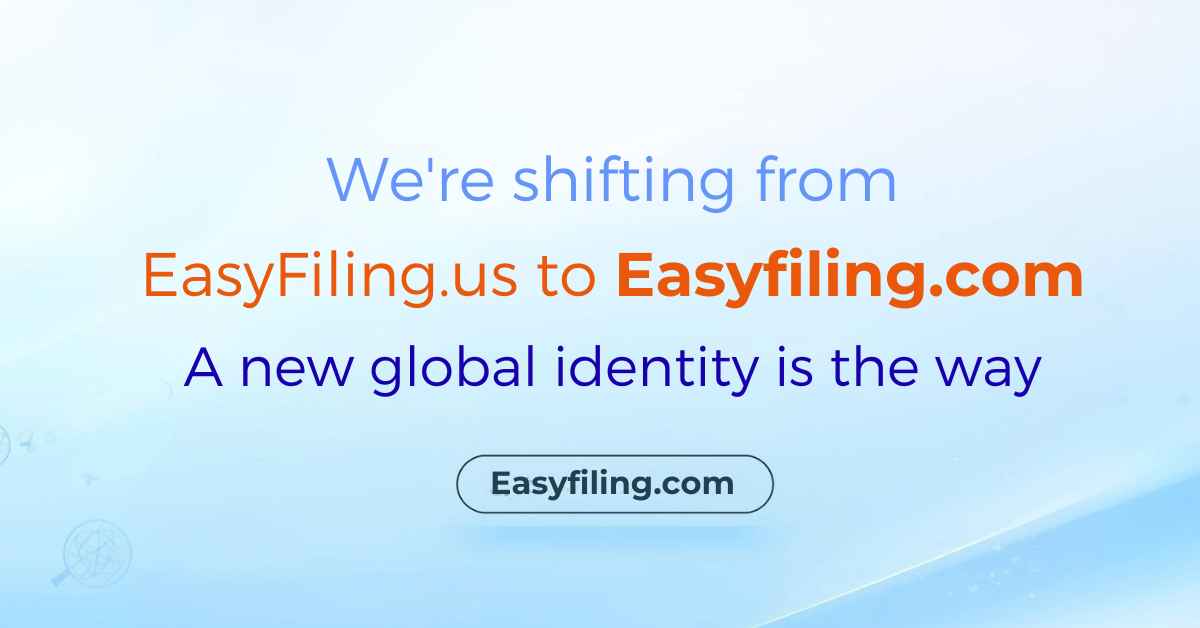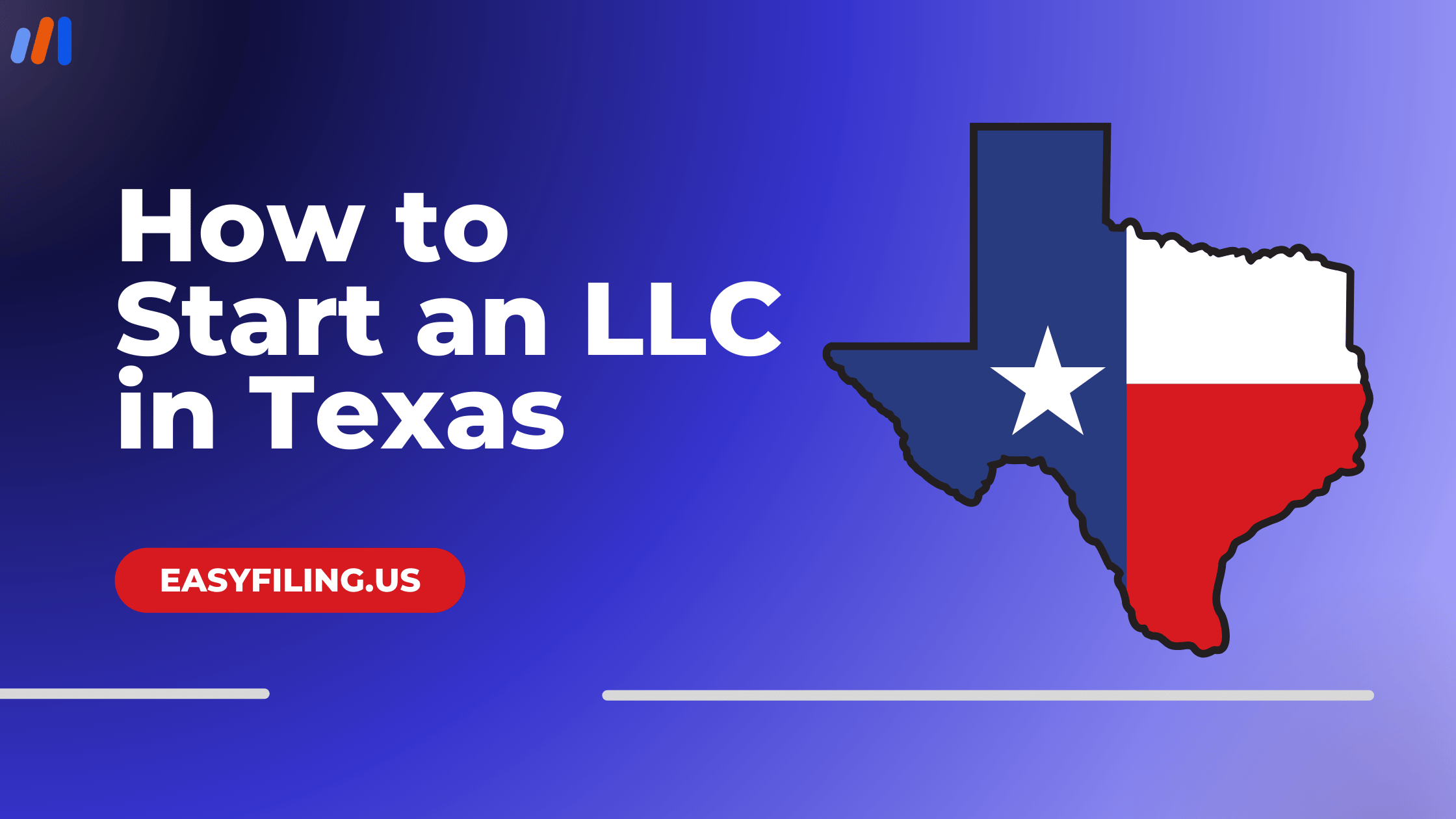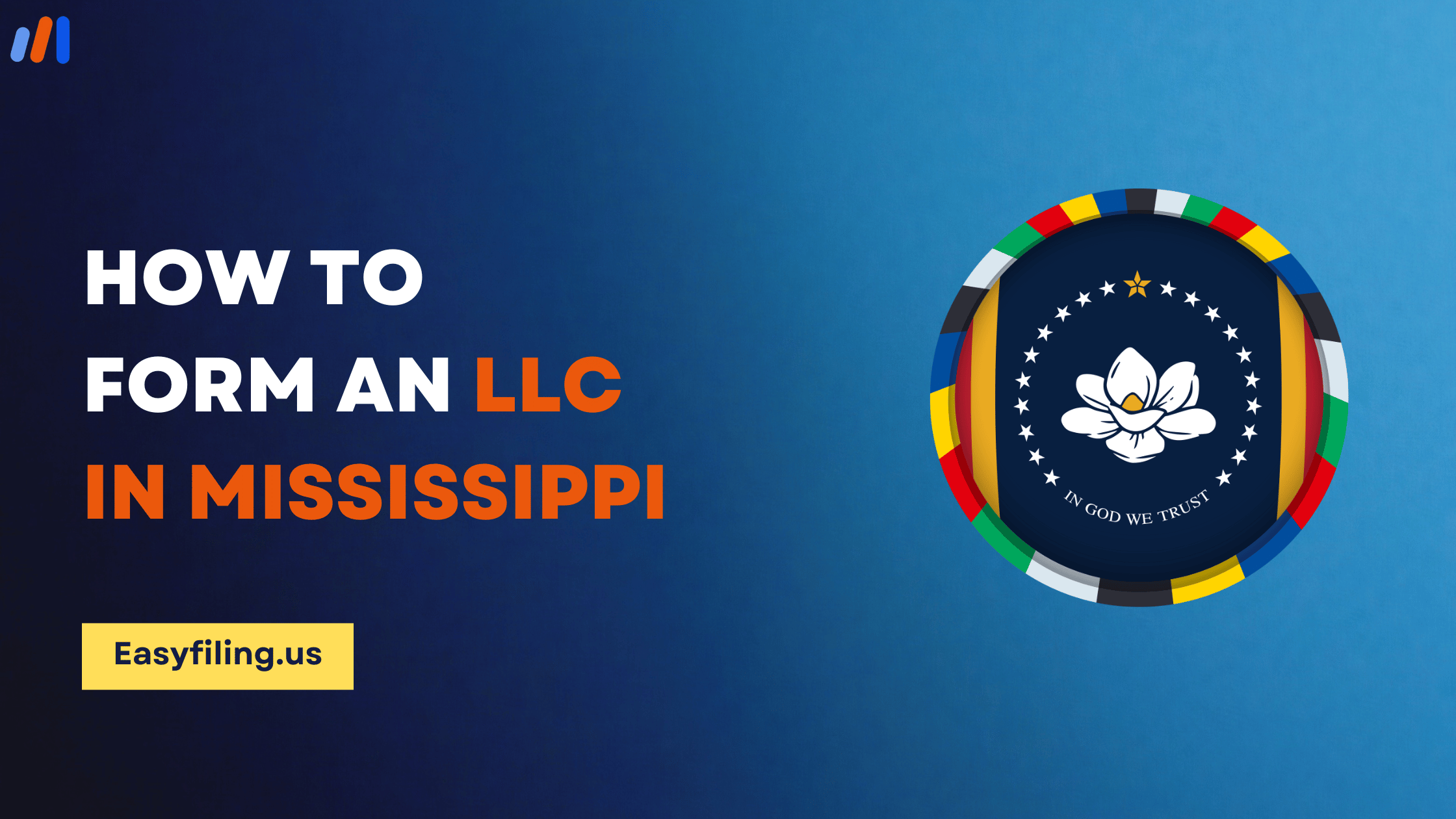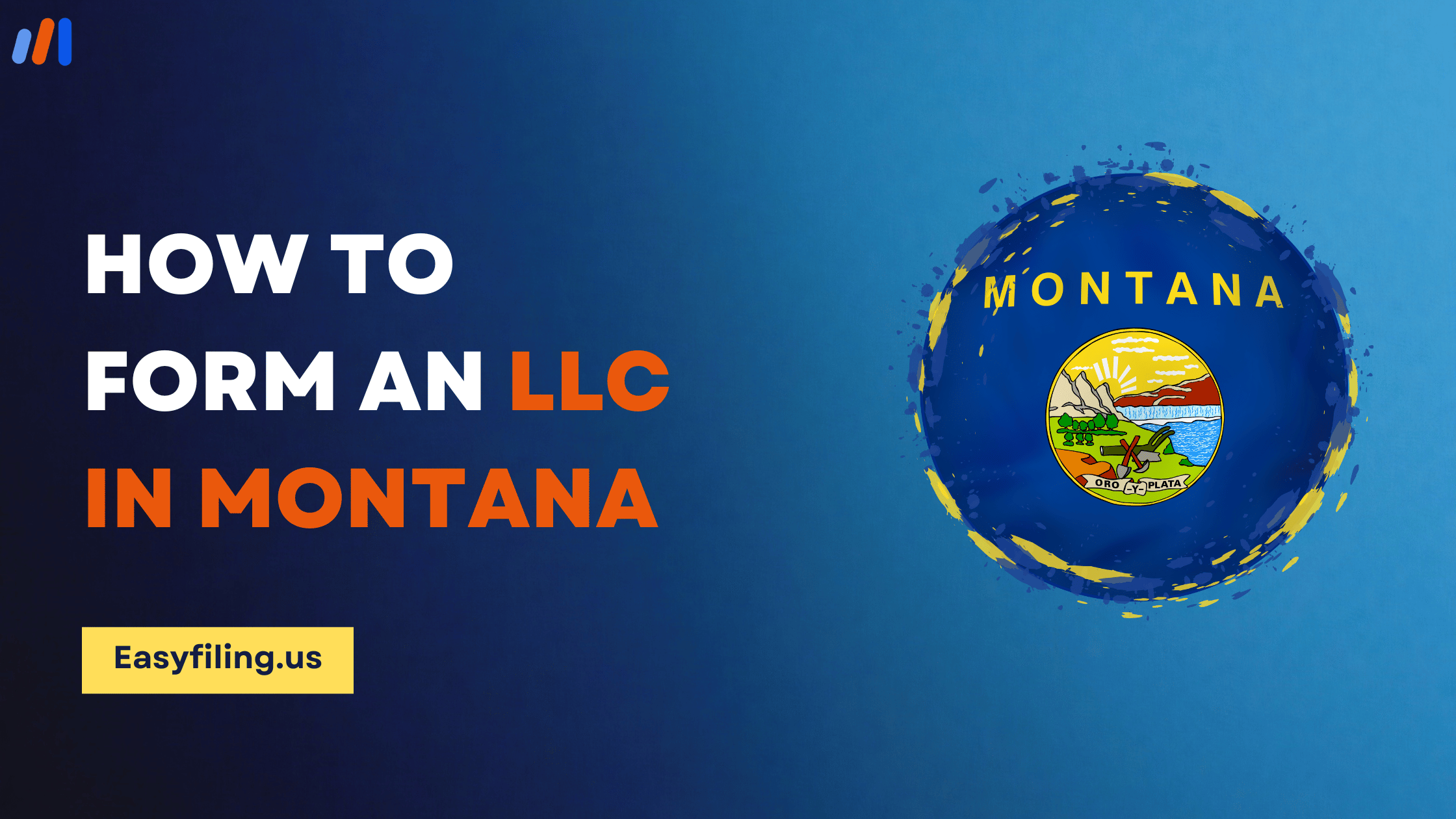Decentralized Autonomous Organizations (DAOs) are creating new and innovative ways for communities to collaborate, develop products, and maintain financial systems. While the decentralized design of DAOs embodies advanced techno-social coordination, it also brings forth new tax compliance dilemmas. With tax regulators still refining the rules governing digital assets and the operational contours of DAOs, tax compliance for global founders, contributors, active participants, and token holders is becoming increasingly important.
After clarifying how DAOs are taxed, what constitutes their income, what participants owe their jurisdictions, and the expected tax compliance and regulatory framework, this guide outlines how to prepare.
What Exactly Is a DAO, and What Makes Taxation Difficult?
DAOs use a decentralized governance model based on smart contracts and community voting. As a result, they have no conventional hierarchy of directors, officers, or LLC managers. This innovative design creates ambiguity about tax treatment because DAOs cannot always be easily classified within traditional IRS categories, such as:
- Corporations
- Partnerships
- Sole proprietorships
- Disregarded entities
Regulators are increasingly concerned with how to define and regulate the expanding financial and operational activities of digital organizations.
How Are DAOs Categorized When It Comes to Taxes?
Like with any new digital arrangement, the IRS applies standard tax principles. DAOs can be:
- Partnerships – the default classification for DAOs with multiple members
- Disregarded Entities – common for smaller DAOs or single-member structures
- Corporations – when the DAO elects corporate taxation or operates like a traditional business entity
Regardless of the structure, token holders may be treated as partners or shareholders.
Classification is based on:
- Governance structure
- Role of each member
- Rights associated with each token
- Revenue-generating activities
Since each DAO is unique and regulations are not fully defined, every DAO should examine its structure closely.
Recognizing Taxable Events for DAOs
DAOs earn income in different ways, and members must report taxable events such as:
- Token Rewards and Distributions
Tokens acquired from DAO participation or contributions are taxed as income at fair market value when received. - Token Sale and Capital Gains
Selling DAO tokens or digital assets generates capital gains or losses. - Operational Income
Revenue earned from services, fees, royalties, or ecosystem activity is reportable. - Staking, Yield, and Liquidity Rewards
All DeFi-related earnings within a DAO ecosystem are taxable and must be reported.
Given the complexity and volume of on-chain transactions, accurate recordkeeping is essential.
Filing Requirements for Members and Contributors of a DAO
DAO participants may need to file several forms depending on their engagement:
- Form 1065 — for DAOs classified as partnerships
- Schedule K-1 — for token holders or contributors receiving income allocations
- Self-employment tax — for contributors performing active services
- Capital gains reporting — for buying, selling, or swapping tokens
- Foreign account reporting — for international members with cross-border crypto holdings
When a DAO operates through an LLC or foundation, additional state-level reporting may be required.
Best Practices for DAO Tax Compliance
1. Create a Legal Wrapper
Many DAOs use an LLC or foundation to reduce regulatory uncertainty.
2. Keep Records of All Transactions
Use blockchain analytics or crypto-tax software to track:
- Token transactions
- Distributions
- Staking rewards
- Capital gains
3. Design Tokens Wisely
Token release mechanics significantly influence taxable events.
4. Collaborate With Tax Professionals in Digital Assets
DAO and DeFi reporting is complex, and specialized professionals can help avoid penalties.
How EasyFiling Helps with DAO Tax Filing and Compliance
As regulations evolve, DAO taxation continues to grow in complexity. EasyFiling provides simplified support for DAOs and their members, including:
- Filing Form 1065 and preparing Schedule K-1 for DAOs treated as partnerships
- Filing annual reports and managing compliance for DAO-registered LLCs and foundations
- Assisting international DAO members with ITIN applications
- Advising on entity classification and reporting obligations
This enables DAOs to remain compliant each tax season while staying ahead of regulatory changes.
International Tax Obligations for DAOs
DAOs with global contributors face additional responsibilities:
- Cross-border taxation: jurisdictions may tax income based on the contributor’s location
- Double taxation risks: reliance on treaties or foreign tax credits may be necessary
- KYC/AML obligations: transparency requirements continue to expand
- Crypto asset reporting: Some jurisdictions require reporting of foreign digital assets
Even decentralized organizations must coordinate global compliance.
Regulatory Trends Impacting DAO Taxation
Governments and regulators worldwide are increasing their focus on DAOs. Key trends include:
- More detailed IRS guidance on digital asset reporting
- Clearer token classification frameworks (security vs. commodity)
- Proposed tax regulations tailored specifically for DAOs
- Crypto-friendly tax environments are emerging in Singapore, Switzerland, and the UAE
- Tax authorities using blockchain technology for audits
DAOs must evolve alongside these regulatory shifts.
Future Outlook: What DAO Members Should Expect
In the coming years, DAOs may see:
- More standardized DAO registration and reporting structures
- Clear, DAO-specific tax regulations
- Automation of on-chain tax reporting
- Better international cooperation on DAO compliance standards
DAOs implementing strong compliance systems now will be better prepared for future requirements.
Important Tax Dates DAO Members Need to Remember
Although deadlines may vary yearly, DAO participants should prepare for:
- Entity classification elections (filed within IRS deadlines)
- Form 1065 partnership tax filings (typically due mid-March)
- K-1 distribution deadlines (same as Form 1065)
- Individual income tax filing — generally April 15
- Quarterly estimated tax payments — four times per year
International contributors may also face FATCA, FBAR, or local reporting obligations.
Final Thoughts About DAO Taxation
DAO taxation continues to evolve as regulators learn how decentralized structures operate. Compliance is essential for contributors, token holders, and members to avoid penalties and maintain accurate reporting. As tax seasons approach, complexities become far easier to manage with professional support through services such as EasyFiling’s tax filing and annual compliance solutions.
Questions and Answers About DAO Taxation
1. What classification does the IRS give to DAOs?
Most DAOs are classified as partnerships or disregarded entities unless a corporate election is filed.
2. Is the distribution of tokens considered taxable income?
Yes — tokens distributed as rewards or compensation are taxable at fair market value.
3. Which forms do DAOs need to file?
DAOs treated as partnerships must file Form 1065 and issue Schedule K-1s.
4. What do international members need to report?
Income earned from DAO activity and, in some jurisdictions, foreign digital asset holdings.
5. What happens if a DAO does not file its taxes?
Penalties, interest, audits, and potential legal consequences may follow.
File Your LLC Today
25$ off with a coupon
Lock in EasyFiling's transparent rates and get lifetime compliance support at no extra cost.
Get Started Now